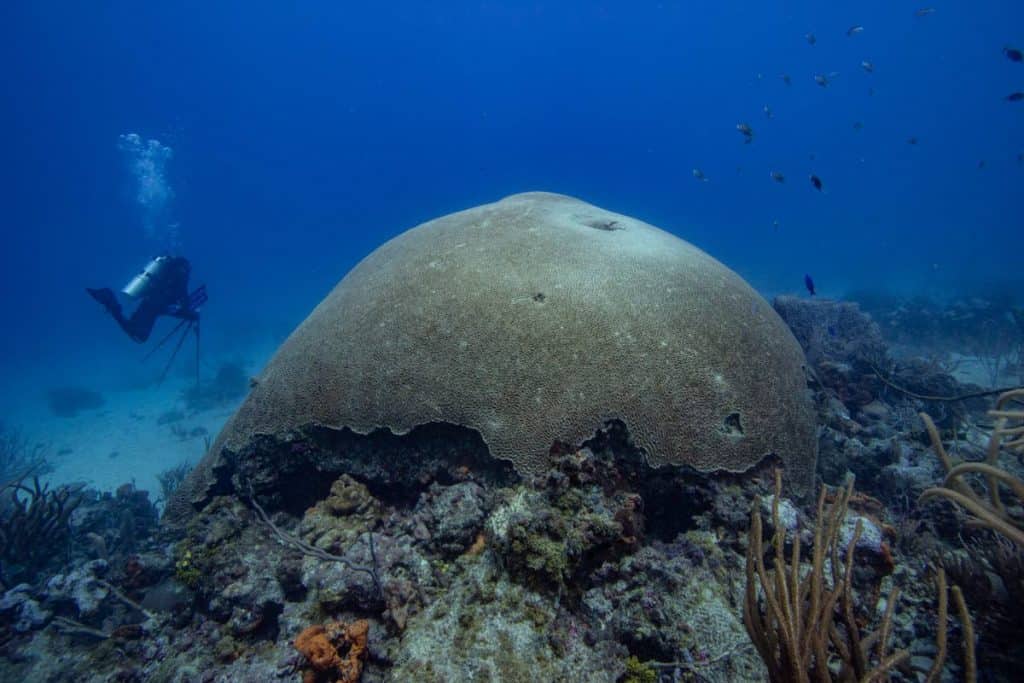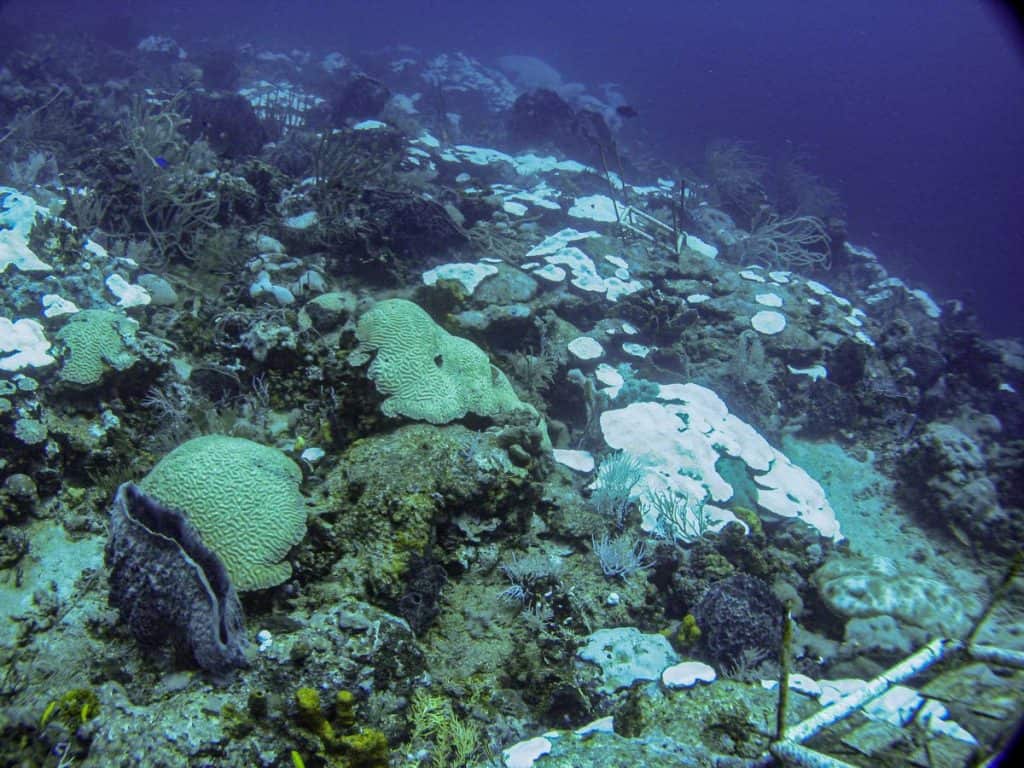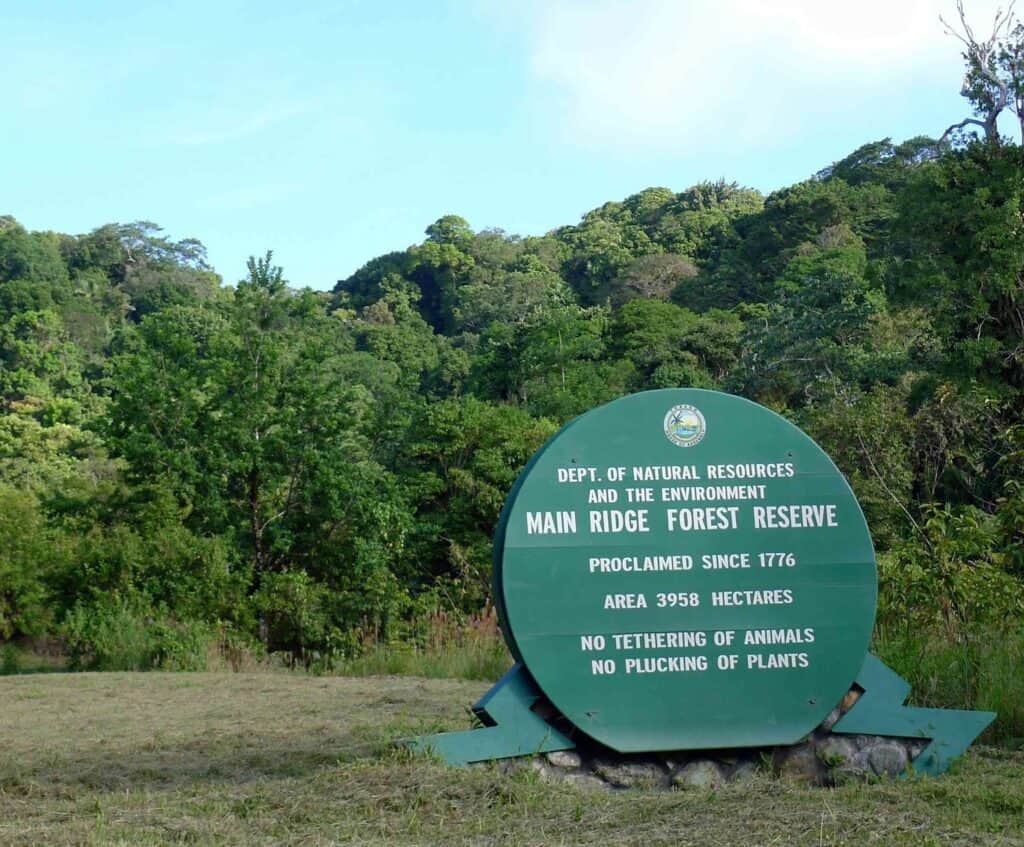Like other Small Island Developing States (SIDs), Trinidad and Tobago is at the receiving end of increasing sea surface and ambient temperatures as a result of the global climate crisis.
In two studies, the country’s Ministry of Planning and Development found that air temperatures are likely to rise by an average of 0.5 degrees Celsius by 2030 and one degree Celsius by 2050.
The temperature change may not seem drastic but it is expected to have an effect on the country’s citizenry.
The studies warn that the rising temperatures will result in a slight decrease in rainfall by the dry season of 2030 and this will be worse by 2050.
While people in both Trinidad and Tobago will be affected by these changes, Tobagonians must pay particular attention given the country’s land area and their heavy reliance on the natural environment for their livelihoods.

An ecotourism hub, Tobago is renowned for its rainforests, idyllic beaches and wide array of terrestrial and marine biodiversity.
However, these attractions are at risk of being degraded with increasing temperatures.
In a 2014 press release, the UN Environment Programme highlighted climate change has accelerated rates of ocean acidification and coral degradation.
With a specific focus on the Caribbean, the release further explained there has been a noticeable decline in the population of parrotfish and sea urchin which are important sea grazers.
In a written article for its public awareness efforts, Trinidad and Tobago’s Ministry of Planning said that Tobago coral reefs have experienced two major bleaching events in 2005 and 2010 which align with regional and global coral bleaching events.

Ecosystems – both marine and terrestrial – provide important ecosystem services that contribute to food security and the regulation of atmospheric gasses like carbon dioxide.
So the continued degradation of Tobago’s coral reefs can affect the stability of all of Tobago’s marine ecosystems and ultimately affect their biodiversity.
This can lead to a decrease in the number of fish available which can affect the livelihoods of fishermen and disrupt ecotourism activities as people come to Tobago to see its beautiful fish.

Outside of marine ecosystems, increasing temperatures across Tobago also affects terrestrial ecosystems.
Extreme dry seasons and less rainfall can result in more wildfires which can affect the island’s rainforests and the biodiversity which call them home.
But the degradation of rainforests will also have the consequential effect of releasing even more stored carbon into the atmosphere and reducing their ability to filter carbon dioxide.
Overall, this contributes to the acceleration of climate change.
Less rainfall as a result of increasing temperatures can also affect the availability of water across the island which may lead to issues in accessing quality water resources.
Scientists have said it is imperative for the earth to not warm by more than 1.5 degree Celsius.
In the long term, if efforts to decrease carbon emissions do not increase, the earth will surpass this threshold and the earth can experience irreversible damage.





